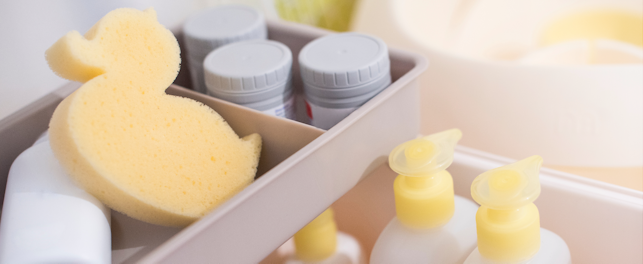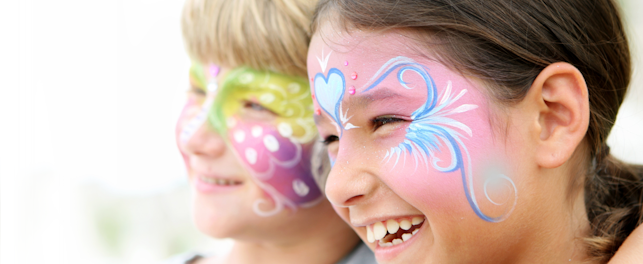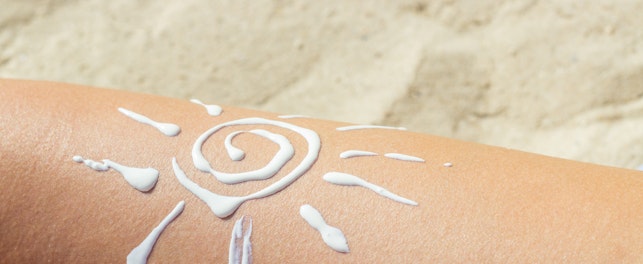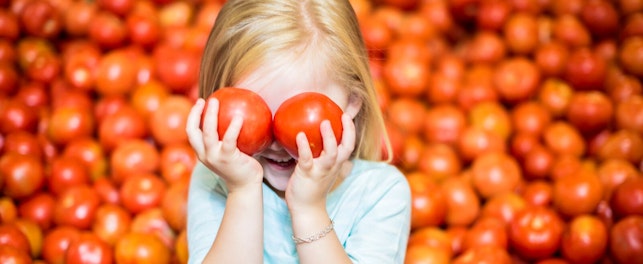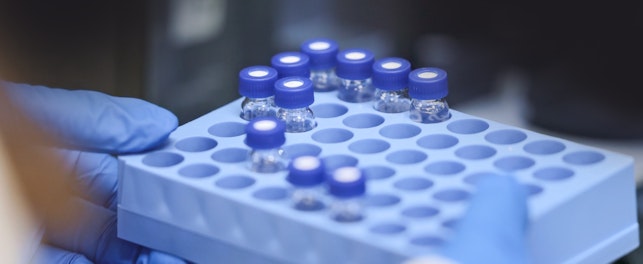China is the second largest cosmetics market in the world, with 12.7% of the global market.1 In 2019, the National Bureau of Statistics estimated total retail sales of cosmetics at over RMB 299 billion, with year-on-year growth of almost 13%.2 Against this background of growth, China has just reformed its new cosmetics regulation. What do these reforms mean and what are the benefits for consumers?

Timeline for Change
China’s Cosmetic Hygiene Supervision Regulation was first published in 1989 and came into force in 1990. After 30 years, this regulation was, according to commentator, “very much ripe to finally bow out,” and on June 29, 2020, Order No. 727 was signed by the State Council, officially publishing the long-awaited final version of its replacement – the Cosmetics Supervision and Administration Regulation (CSAR).3
Since CSAR came into effect on January 1, 2021, several subsidiary regulations have also been published, including:
- Rules on Cosmetic Registration and Notification
- Provision for Management of Cosmetic Registration and Notification Dossier
- Provision for Management of Cosmetic New Raw Material Registration and Notification Dossiers
- Technical Guidelines for Cosmetic Safety Assessment
- Technical Guidance for Cosmetic Efficacy Claims
- Rules on Cosmetic Classification and Categorization
These came into effect on May 1, 2021.
CSAR and these subsidiary regulations represent a comprehensive overhaul of the way cosmetic products are regulated in China.
Definitions
CSAR defines cosmetics as, “products which can be applied on the outer surface of the human body (e.g. skin, hairs, nails, lips etc.), for the purpose of cleaning, protecting, beautifying and grooming, by way of smearing, spraying or other similar means.”4
While cosmetic products are still split into general and special use cosmetics, the scope of special use has narrowed from nine categories to six:
- Hair dyes
- Anti-hair loss
- Permanent wave
- Skin whitening
- Sunscreen
- Products that claim new efficacies
Hair removal products and deodorants are no longer classified as special use products and instead are now classed as general cosmetics. They therefore only need to be filed with the National Medical Products Administration (NMPA). Products that promote hair growth, body fitness and breast shaping/beauty are removed from cosmetic categories.
Toothpaste is not defined as a cosmetic product but, under the terms of these reforms, will be managed as a general cosmetic product. This brings the management of toothpaste products into alignment with international practice.
Streamlined Management
CSAR introduces a risk-based model for managing cosmetics based on the product type and the nature of the raw materials. These apply to both domestically produced and imported products:
- Registration process: special cosmetics and new functional ingredients (preservatives, UV protection, etc.)
- Notification process: general cosmetics and new ingredients (no listed function)
These changes align the procedures for imported cosmetic goods with those for domestic products, thereby speeding up the process for brands looking to access the Chinese market. For consumers in China, it means greater access to imported products.
Safety Controls
Product safety has also been enhanced by CSAR. Among the changes brought in by the reforms is the requirement for both imported and domestic products to undergo mandatory safety evaluations. In addition, ‘Technical Guidance on Cosmetic Safety Assessment’ also standardizes the methodology and format for this assessment.
These changes strengthen pre-market quality control systems, thereby providing the consumer with a higher level of protection.
Animal Testing
Many consumers have ethical concerns about the testing of cosmetic products on animals. Internationally, many brands have stopped animal testing but, under the previous regulation, they were excluded from accessing the Chinese market, where all cosmetics were required to undergo animal testing.
CSAR loosens this requirement, bringing Chinese requirements into closer alignment with international practice. Under the new regulation, exemption is allowed when all of the following criteria are fulfilled:
- Product for non-child and non-infant use
- General cosmetics
- Manufacturer holds good manufacturing practice (GMP) certificate issued by local competency authority
- Safety assessment report available
- Company is not under supervision by NMPA
- Product/formulation does not contain cosmetic ingredients under safety monitoring process
These changes will benefit international cosmetics brands who do not want to engage in animal testing and consumers with ethical concerns.
Greater Transparency
The cosmetics market is characterized by claims of efficacy and innovation. Consumers seek the perfect product to achieve their desired look or feel, but while many products may claim these abilities it is not always possible to believe them.
Under the terms of the new regulation, these claims must be supported and verified by mandatory testing (clinical, laboratory, consumer panel, etc.). A summary of these reports must then be uploaded onto an NMPA website. Consumers are then able to access this information, creating transparency in relation to claim substantiation and allowing customers to make better informed purchasing decisions.
SGS Solution
SGS provides testing, inspection, auditing and consulting services to manufacturers, distributors, and importers of cosmetics products. Our global network of state-of-the-art laboratories offers custom-made solutions for analytical, safety and efficacy testing and consulting, regulatory, audit and certification services, helping companies to access markets around the world. After all, it’s only trusted because it’s tested. Learn more about SGS’s Cosmetics & Personal Care Testing Services.
For more information, please contact:
Queenie Ho-yan TSE
Technical Service Manager, Cosmetics & Hygiene
t: +852 2765 3672
References
1 Cosmetics market in China - statistics & facts2 China: Beauty Revolution New Regulations Announced for Cosmetics
3 China: Beauty Revolution New Regulations Announced for Cosmetics
4 化妆品监督管理条例(国令第727号)_政府信息公开专栏 (www.gov.cn)

